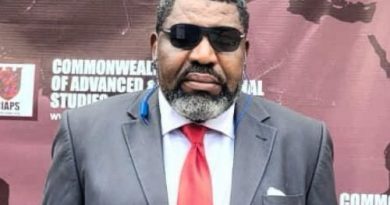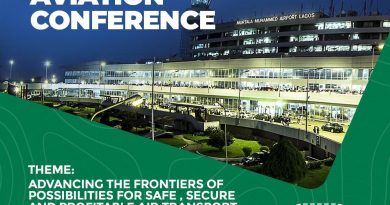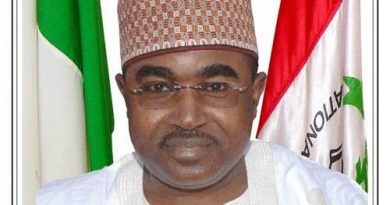ECOWAS At 50: Stakeholders Call For Reforms To Prevent Disintegration… Urge Niger, Burkina Faso, Mali To Return
By Bukar BOLORI
As the Economic Community of West African States (ECOWAS) gears up for its 50th anniversary, stakeholders from various sectors have called for immediate and holistic reform of the organisation.
The call was made on Wednesday in Abuja at a high-level forum, organised by the Centre for Democracy and Development (CDD) and the West Africa Democracy Solidarity Network (WADEMOS), with the theme: ‘ECOWAS @ 50, Reform or Disintegrate: Which pathway for the Regional Bloc?’.
The CDD Senior Fellow, Prof. Jibrin Ibrahim in his presentation, traced ECOWAS’s historical role in promoting democracy and integration in West Africa, while warning that recent developments, including military coups in Mali, Burkina Faso, Niger, and Guinea, posed significant challenges to the bloc’s cohesion and must be acted upon.
He said: “ECOWAS has been instrumental in deepening democracy in our region. Yet, the emergence of unconstitutional regimes threatens the unity and progress we’ve achieved.”
Ibrahim maintained the importance of continued dialogue with the Sahelian countries that have experienced coups, advocating for their reintegration into ECOWAS through a renewed commitment to democratic principles.
He also noted the region’s economic struggles, saying that West Africa now hosts one of the largest populations of impoverished people globally.
He highlighted the inability of many ECOWAS member states to generate sustainable employment, particularly for the youth, fuels disillusionment and instability.
He said, “The dream of independence -access to education, opportunity, and self-determination- has faded. That broken promise is now being expressed in terrorism, displacement, and deepened poverty.”
He insisted that ECOWAS needs to undergo comprehensive reforms, calling for dismantling systems rooted in colonial and imperial legacies and emphasized the need for inclusive governance structures that prioritize the welfare of all citizens.
He said: “Without reclaiming West Africa’s resources for its people, genuine development and integration will remain a distant dream.”
On his part, the chairman of the CDD Board, Comrade John Odah, reflected on ECOWAS’s 50-year journey, acknowledging both achievements and challenges.
He urged civil society organizations to critically evaluate the bloc’s successes and shortcomings and to actively support the vision of regional integration.
He said: “ECOWAS was established to integrate 15 sub-Saharan African countries socially, economically, culturally, and politically. Despite challenges, significant progress has been made. It’s imperative for civil society to ensure that the dream of ECOWAS integration is not aborted.”
He urged stakeholders to interrogate what has been successful and what have been the challenges in the 50-year history of ECOWAS integration, and to contribute in whatever way possible to ensure the dream of ECOWAS integration is not aborted.
Speaking on behalf of the WADEMOS, Paul Osei-Kuffour, the Program Manager, CDD-Ghana and Network Coordinator, WADEMOS, said ECOWAS is facing threats and vulnerabilities which are at the core of its foundation and existence and could undermine its legitimacy and relevance.
He said that theme of the convening reflects the reality of the situation confronting the region such as the exit of the three countries and the formation of the AES.
He said: “Although we experienced the exit of Mauritania in the past, the historical, cultural, security and economic ties between the three countries and ECOWAS presents its unique challenges. Additionally, ECOWAS response to military coups and applications of sanctions have experienced challenges and setback, and not yielded the expected results with transition in Guinea remaining in perpetuity.
“The regional body has also been criticised for not doing much to integrate the voices of community citizens in ECOWAS decision making processes and the realization of the constitutional convergence principles in its structures and institutions.
“And at the global level, which ECOWAS is not an exception, we are seeing persistent attacks on multilateral institutions as part of the playbook of authoritarian leaders hiding under the claim of sovereignty,” Osei-Kuffour said.




